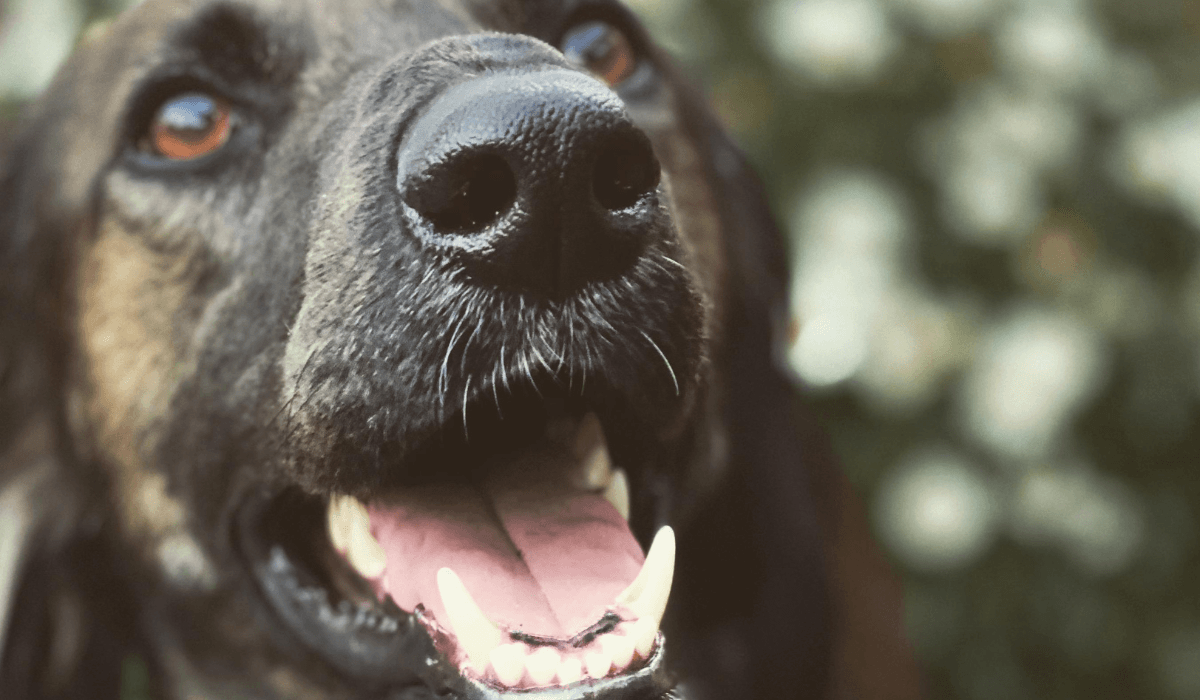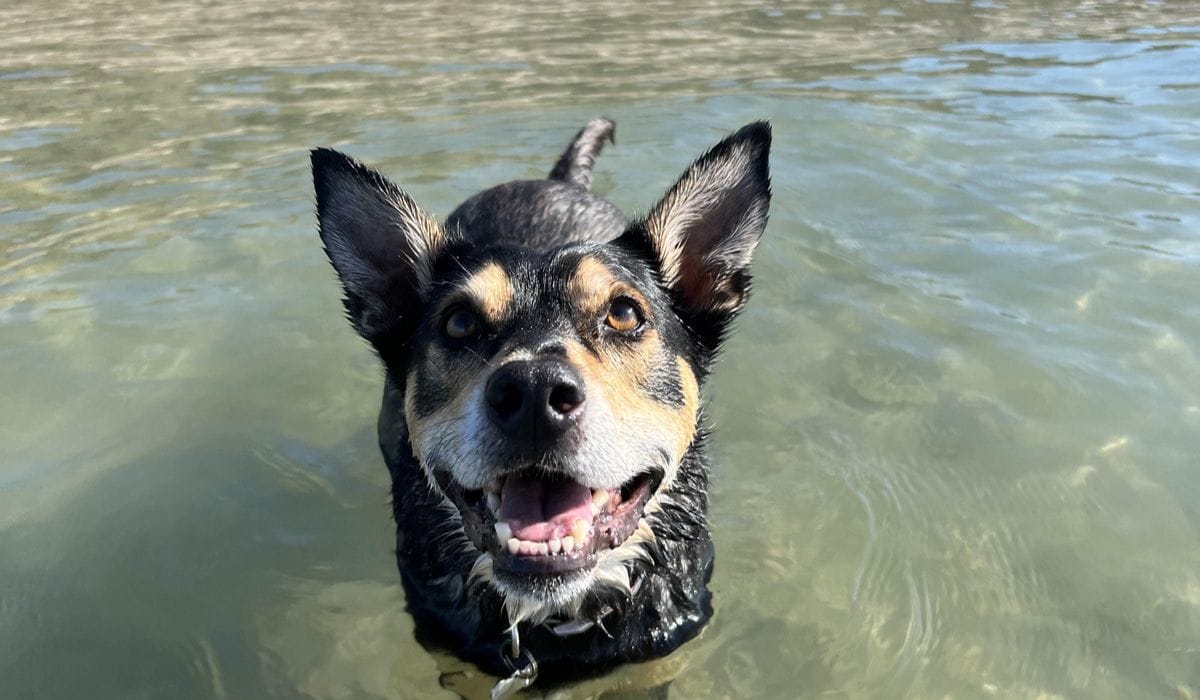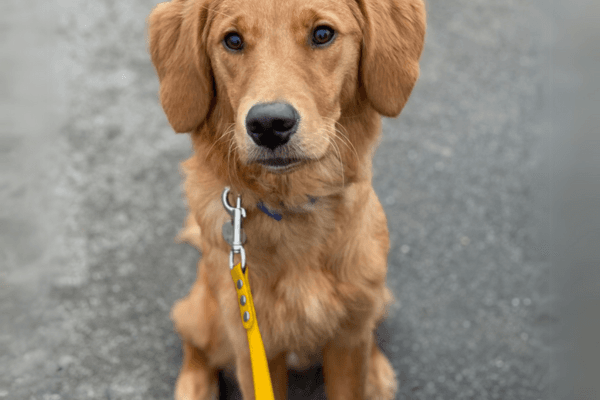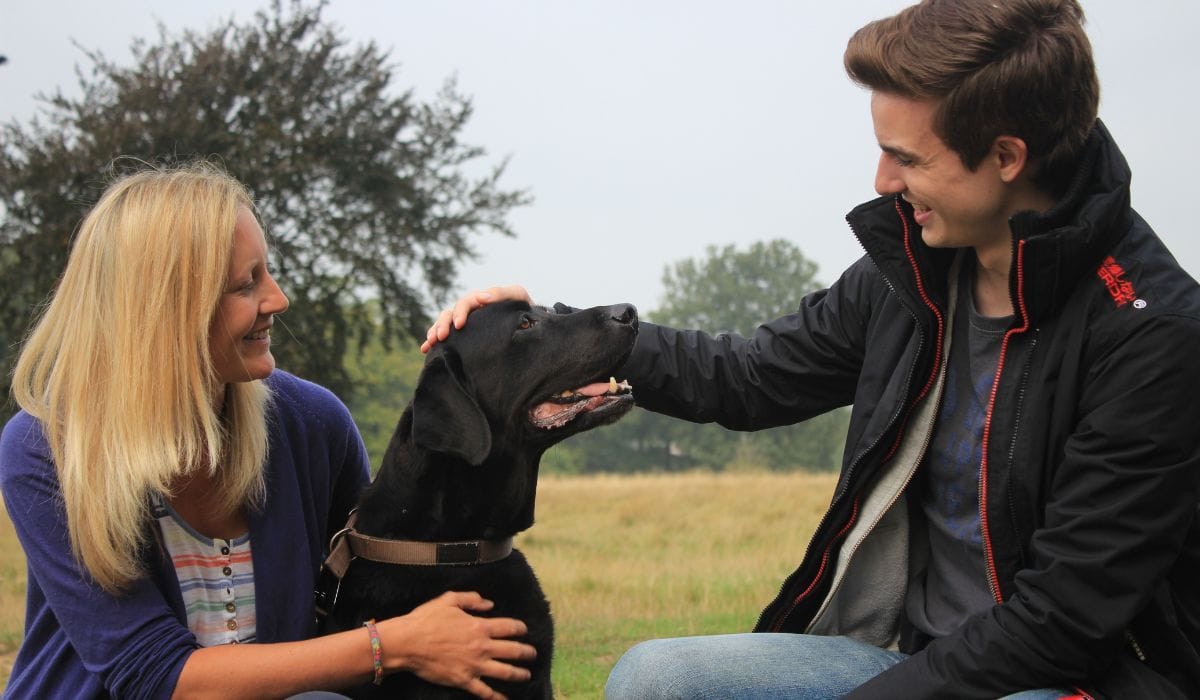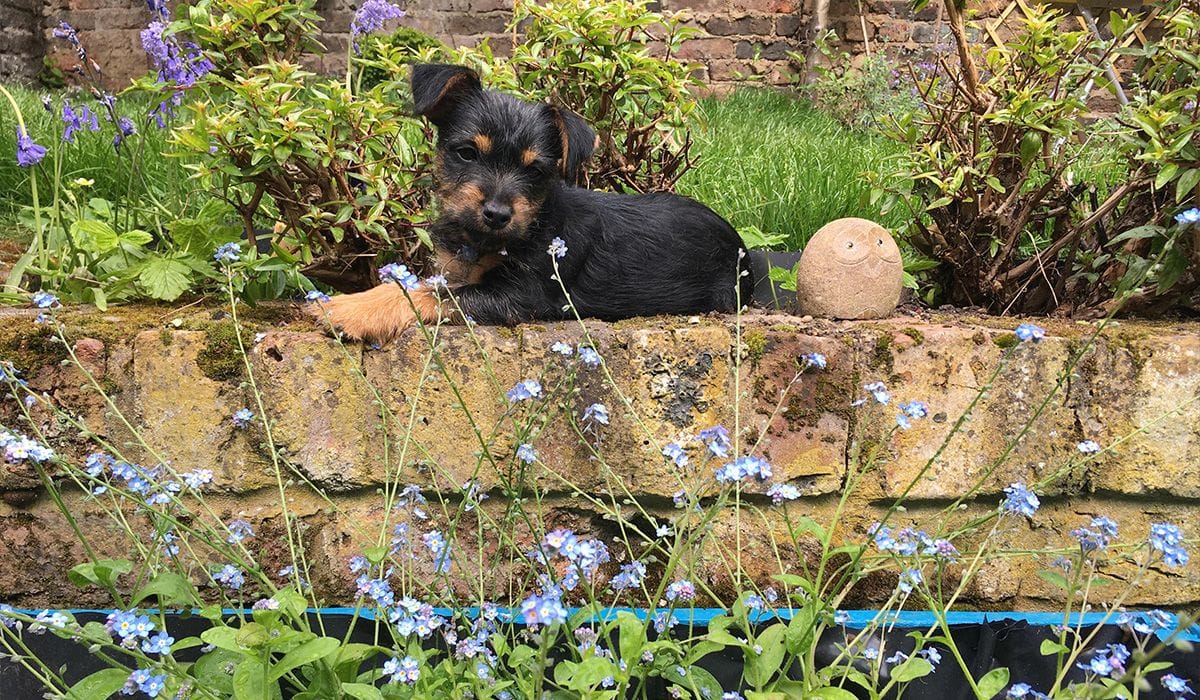Written by Dr. Nicola Earnshaw (formerly Hartley), Veterinary Surgeon, BVSc. BSc. MSc. MRCVS FHEA and by Dr. Natasha Sangherra-Keywood, Veterinary Surgeon
Reviewed by Dr Jill McMaster BVM&S MBA MRCVS, Veterinary Surgeon and in-house expert at BorrowMyDoggy on 6 Jun 2023
It’s a questions many dog owners can likely relate to - what’s the best way to clean your dog’s teeth? Proper dental care is essential to your dog’s health and Hannah from Cuffe Vets shares some tips to make the task a little less tricky.
Why does my dog hate brushing their teeth?
If your dog doesn’t enjoy teeth brushing, it could be one of these reasons:
- Oral health - if a dog has soreness in the mouth, he or she may find even gentle massaging with a finger brush painful. Your vet can assess the health of the teeth and gums to see if any dental work is required before pain-free brushing is going to be achievable. Some smaller breeds like Yorkshire Terriers may find brushing distressing, as they have very tiny (often overcrowded) mouths!
- Training - it is not always easy to convince your dog that tooth brushing is an essential activity. Introducing this activity slowly and gently when the dog is very young will yield best results - some dogs even look forward to brushing once they are used to it. They may particularly like it if you use one of the very tasty chicken flavoured enzymatic toothpastes on the market. With an adult dog, it can be more challenging to introduce.
Why is it important to keep your dog's teeth clean?
My Family Pet Vet Nicola Hartley takes a look at why it’s so important to keep your dog’s teeth nice and clean:

In order to provide your pooch with the absolute pinnacle of preventative healthcare, you really ought to be brushing their teeth every day.
As veterinary science has advanced over the years, it’s proven that dogs aren’t as invincible to the effects of poor dental hygiene as we once thought. In fact, 80% of dogs over the age of 3 will experience dental problems at some point – which I’m sure you’ll agree is quite crazy!
Doggy dental problems
So what kinds of dental problems do dogs suffer from? Well, it occurs in much the same way as it does in humans. If we don’t brush our own teeth, even after a day or so, we begin to feel the plaque forming. If we let this carry on for a number of days or even weeks, the plaque hardens and bacteria spreads into our gums – causing a number of problems. It happens just like this with dogs, apart from that most owners don’t clean their dog’s teeth every day.
If dental disease does build up in your dog’s mouth, it can be extremely painful for them. It leads to infected gums and destruction of the tooth socket. The bacteria from the teeth can enter their bloodstream, affecting their other organs or even their bones, which can cause a whole manner of problems. Very often, dogs with dental disease need to have some teeth removed, this arduous and expensive process is far better to avoid if you can.
One of the good aspects of dental disease, at least, is that it’s easy spot. The first clue is smelly breath – although this can be sign that your dog just needs their teeth cleaning. If the condition is more advanced, symptoms may include a loss of appetite, bleeding gums, drooling or pawing at their mouth. As a responsible and loving dog owner, it’s a good idea to get into the habit of checking your dog’s mouth regularly. If they display any of these symptoms or if they’re reluctant for you to touch their mouth, teeth or gums, you should contact the vet as this is likely a sign of dental disease.
But of course, what you really ought to be doing is taking all the right measures to assure that your dog avoids dental disease.
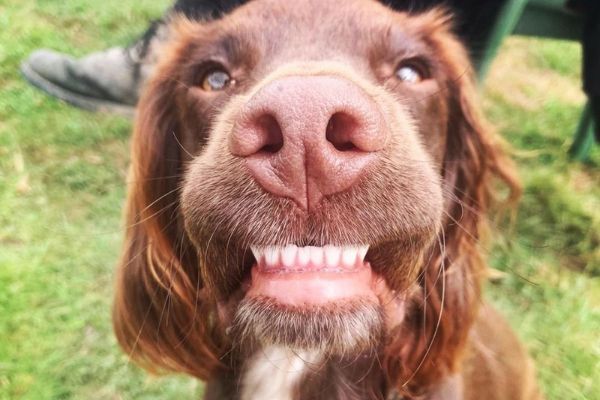
Owners are sometimes shocked to hear that they should be brushing their dog’s teeth every day. Wild animals don’t have their teeth cleaned after all! But what I’d say to this is that although it’s true, the life expectancy of a wild dog is 4 years’ old at most – far lower than what we expect for our domestic friends. Selective breeding has also altered the dental requirements of domestic dogs over time.
How to clean your dog's teeth
Teeth cleaning is the number-one proven thing you can do to preserve your dog’s dental hygiene. It’s best to start when they’re young so they grow up used to the process. If your dog is fully grown and you’re looking to begin teeth cleaning, do so gradually; start by getting them used to you touching their teeth and gums and progress onto using a toothbrush and special meat-flavoured toothpaste over time. Your vet or vet nurse will be able to give you advice on cleaning your dog’s teeth, and to answer any questions about the best equipment required for your specific pooch.
You can also use dental diets and treats to keep your dog’s plaque levels to a minimum. And of course, don’t feed them too many sugary treats! I can’t stress enough, though, that these methods should be used alongside teeth cleaning. They aren’t a suitable substitute!
It might seem like an effort to brush your dog’s teeth every day, but it’s completely worth it when you think of the time, effort and money you’ll save by avoiding the need for dental surgery in later life.
- Start by giving your dog a small sample of toothpaste - this will get them comfortable with the new taste. Ensure you use a toothpaste specially for dogs.
- Place a pea-sized amount of toothpaste on their teeth or toothbrush.
- Lift their lips and gently brush the teeth and gums in circular movements.
- Pay extra attention to the back molars and canines as tartar can quickly build up on these teeth.
- Build up to 30 seconds of brushing per side.
- Reward them with treats and praise.
Begin by brushing only a couple teeth until they’re used to it. Then gradually increase the number of teeth brushed.
BorrowMyDoggy connects dog owners with local borrowers for walks, sitting and holiday care.
Learn more about how BorrowMyDoggy works
If you haven’t already, sign up to BorrowMyDoggy and help us leave “Pawprints of Happiness’ on the lives of dogs and humans.
This article is for information only, and should never replace any advice, diagnosis or treatment from your veterinary surgeon. Always contact your local vet or out of hours vet without delay if you have any concerns about your dog.
How to keep your dog clean
How to clean your dog's teeth?
How often should you wash your dog?
How to manage your dog's laundry
How to get rid of fleas on dogs
